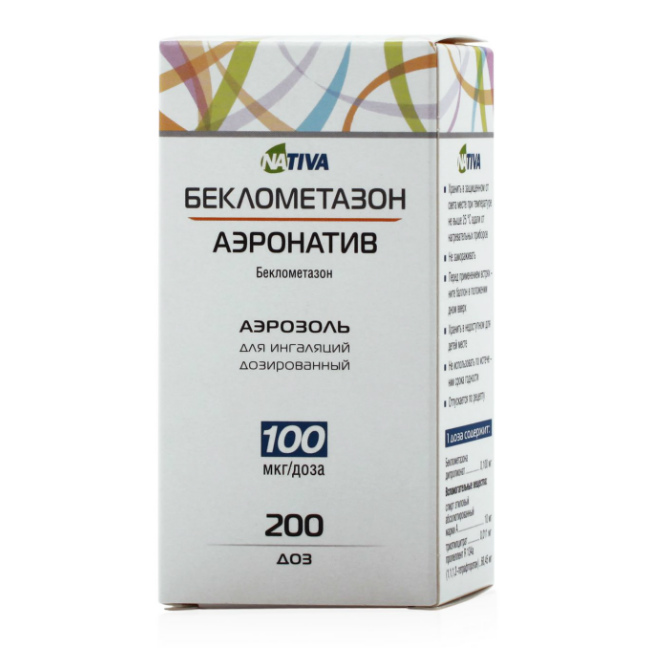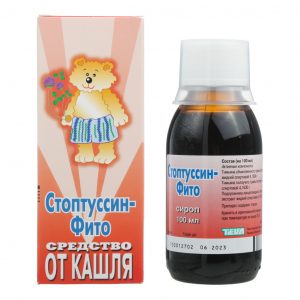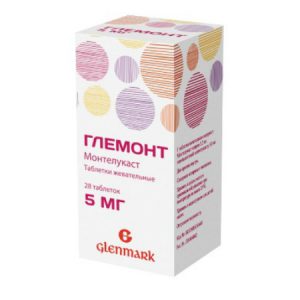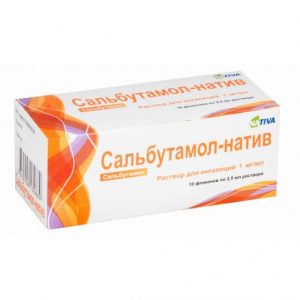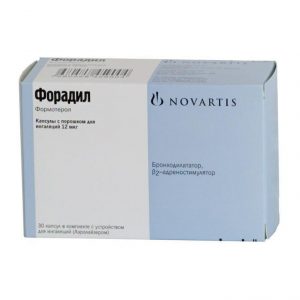Description
Release form
Dosage nasal spray
Indications
Basic treatment of various forms of bronchial asthma in adults and children over 4 years of age.
Maintenance therapy for chronic obstructive pulmonary disease (COPD) in patients with forced expiratory volume (FEV1)
Contraindications
Age up to 4 years.
Hypersensitivity to any component of the drug.
Beclomethasone aeronativ should be used with caution in case of glaucoma, systemic infections (bacterial, viral, fungal, parasitic), osteoporosis, pulmonary tuberculosis, cirrhosis, hypothyroidism, pregnancy, and lactation.
Use during pregnancy and lactation
During pregnancy and during lactation (breastfeeding), the drug should be used only after a thorough assessment of the risk-benefit ratio for the mother and the fetus or infant. Do not exceed recommended doses.During pregnancy and lactation, beclomethasone should be used with caution and only if the benefits of its use for the mother outweigh the potential risk to the fetus and baby.
Special instructions
Beclomethasone is not intended for the relief of acute asthmatic attacks. It should also not be used for severe asthma attacks requiring intensive care. The recommended route of administration for the dosage form used should be strictly observed.
With extreme caution and under the close supervision of a physician, beclomethasone should be used in patients with adrenal insufficiency.
Transfer of patients who are constantly taking corticosteroids into the inhalation form can only be done in a stable condition.
In the case of the likelihood of developing paradoxical bronchospasm 10-15 minutes before the administration of beclomethasone, bronchodilators (e.g., salbutamol) are inhaled.
With the development of candidiasis of the oral cavity and upper respiratory tract, local antifungal therapy is indicated without stopping beclomethasone treatment. Infectious and inflammatory diseases of the nasal cavity and paranasal sinuses when prescribing appropriate therapy are not a contraindication for the treatment of beclomethasone.
Inhalation preparations containing 250 μg beclomethasone in 1 dose are not intended for children under 12 years of age.
Composition of
1 dose contains:
Active ingredient:
beclomethasone dipropionate
Excipients:
absolute ethyl alcohol, grade A 10 mg,
Triethyl citrate 0.011 mg, 1.1 ppm 5.1 gtrelltrt.
Dosage and administration of
The drug “beclomethasone-aeronativ” is intended only for inhalation administration.
Bronchial asthma
Adults and children 12 years of age and older: beclomethasone aeronativ is used regularly (even in the absence of disease symptoms), the dose of beclomethasone dipropionate is selected taking into account the severity of bronchial asthma and the clinical effect in each case.
The daily dose is divided into several doses.
Recommended starting doses:
mild bronchial asthma – 200 – 600 mcg / day
mild bronchial asthma – 600 – 1000 mcg / day
severe asthma – 1000 – 2000 mcg / day
Children aged 4 to 12 years: Up to 400 mcg day in several stages.
Depending on the individual response of the patient, the dose of the drug can be increased until the clinical effect or reduced to the minimum effective dose.
When switching to a high dose of inhaled beclomethasone dipropionate, many patients receiving systemic glucocorticosteroids will be able to reduce their dose or cancel them altogether. Chronic obstructive pulmonary disease The maximum recommended dose of beclomethasone-aeronativ with COPD is 2000 mcg per day.
If you accidentally skip inhalation, the next dose must be taken at the right time in accordance with the treatment regimen.
Introduction can be carried out using special dispensers (spacers) that improve the distribution of the drug in the lungs and reduce the risk of side effects.
Patients with impaired liver function
In patients with impaired liver function, a dose reduction is not required. Patients with impaired renal function
In patients with impaired renal function, a dose reduction is not required.
Side effects of
Metabolism: rare – hypercorticism is very rare – symptoms of systemic glucocorticosteroid effects (including adrenal hypofunction, Cushing’s syndrome).
On the part of the immune system: rarely – hypersensitivity reactions, rash, urticaria, angioedema, itching.
From the musculoskeletal system: a decrease in bone mineral density.
From the respiratory system: often – cough rarely – paradoxical bronchospasm, pharyngeal irritation, dysphonia, disappearing after discontinuation of therapy or dose reduction.
Other: often – candidiasis of the mucous membrane of the oral cavity and larynx.
The systemic effect of inhaled corticosteroids can be observed when taking the drug in high doses for a long time.
Drug Interactions
Beta-adrenergic agonists – beclomethasone enhances the effect of beta-adrenergic agonists. Beclomethasone restores the patient’s reaction to beta-adrenergic agonists, allowing to reduce the frequency of their use.
Inductors of microsomal oxidation (including phenobarbital, phenytoin, rifampicin) – a decrease in the effectiveness of beclomethasone is possible.
Methandienone, estrogens, beta2-adrenergic agonists, theophylline, systemic corticosteroids – increased effects of beclomethasone.
Storage conditions
Store at a temperature not exceeding + 25 ° C.
Term hodnosty
3 years
Deystvuyuschee substances
beclomethasone
Terms of the pharmacy leave
Prescription
Form of Treatment
aÑrozoly dlya ingalyatsiy
Indications
bronchial asthma, chronic obstructive pulmonary disease
